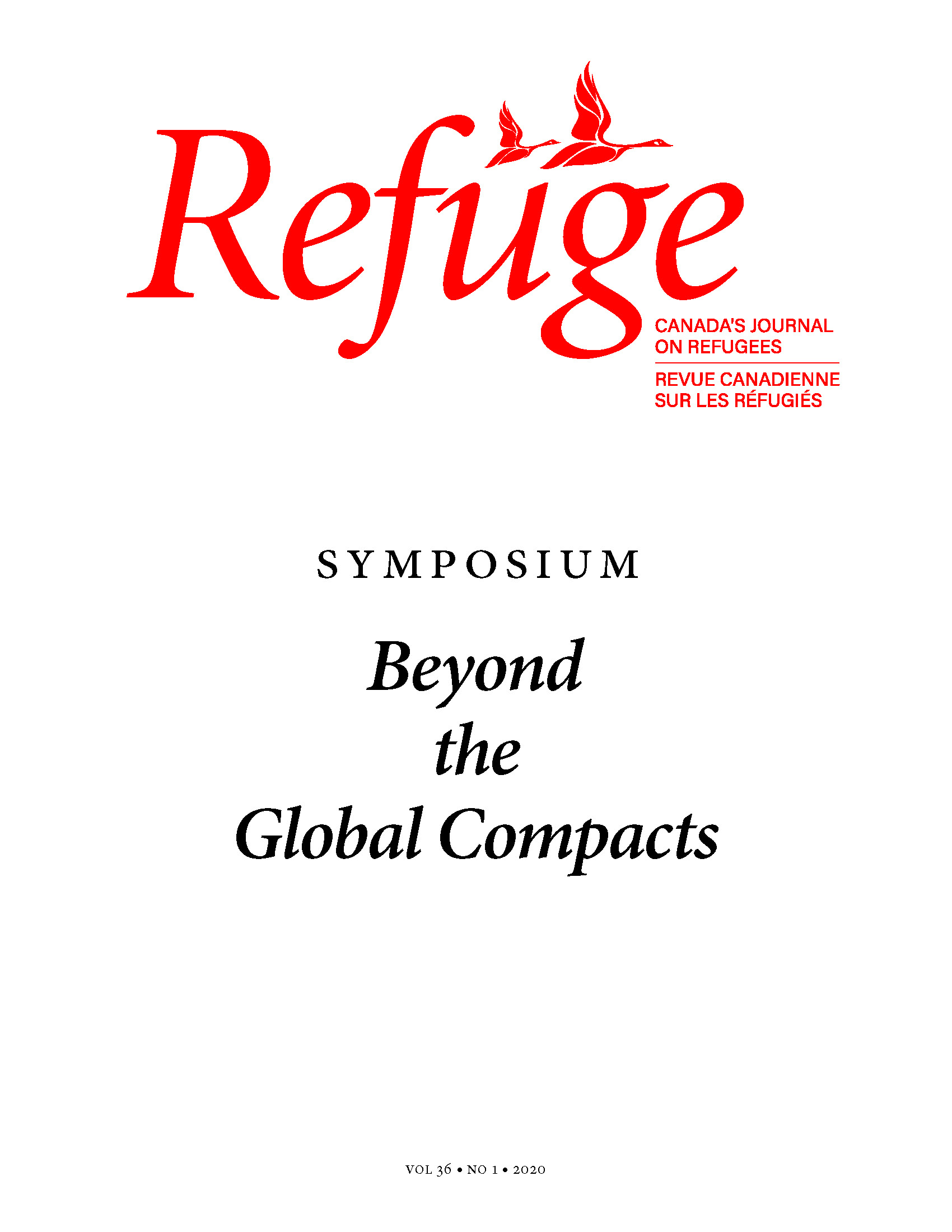Parenting and Education: The Example of Refugee Parents in Greece
DOI:
https://doi.org/10.25071/1920-7336.40629Keywords:
Greece, refugee status, refugee camps, parenthood, education, cultural capitalAbstract
This article focuses on the interplay between parenthood and refugee status and documents the approaches that parents employ to become educational agents and enrich their children’s language knowledge and cultural capital while residing in refugee camps in northern Greece. It discusses the prominent role that encampment times play in structuring the disempowering refugee condition, and describes the parents’ strategies of managing time and teaching their mother tongue and homeland culture to their children but also through becoming students themselves. In doing so, it highlights the accentuated parental role as a mediator between “home” and future residence and touches upon the repercussions of parents’ involvement in their children’s education. Based on anthropological fieldwork, this article highlights instances where the active parental role presents itself as a tactical means to counterbalance the reported loss of agency that the refugee positionality entails.
Metrics
Downloads
Published
How to Cite
Issue
Section
License
Copyright (c) 2020 Georgia Sarikoudi, Anna Apostolidou

This work is licensed under a Creative Commons Attribution-NonCommercial 4.0 International License.
Refuge authors retain the copyright over their work, and license it to the general public under the Creative Commons Attribution-Non Commercial License International (CC BY-NC 4.0). This license allows for non-commercial use, reproduction and adaption of the material in any medium or format, with proper attribution. For general information on Creative Commons licences, visit the Creative Commons site. For the CC BY-NC 4.0 license, review the human readable summary.







